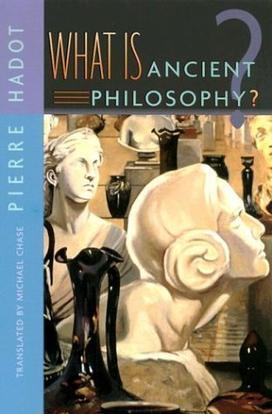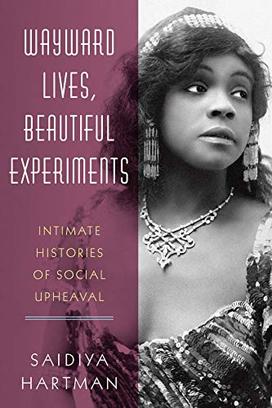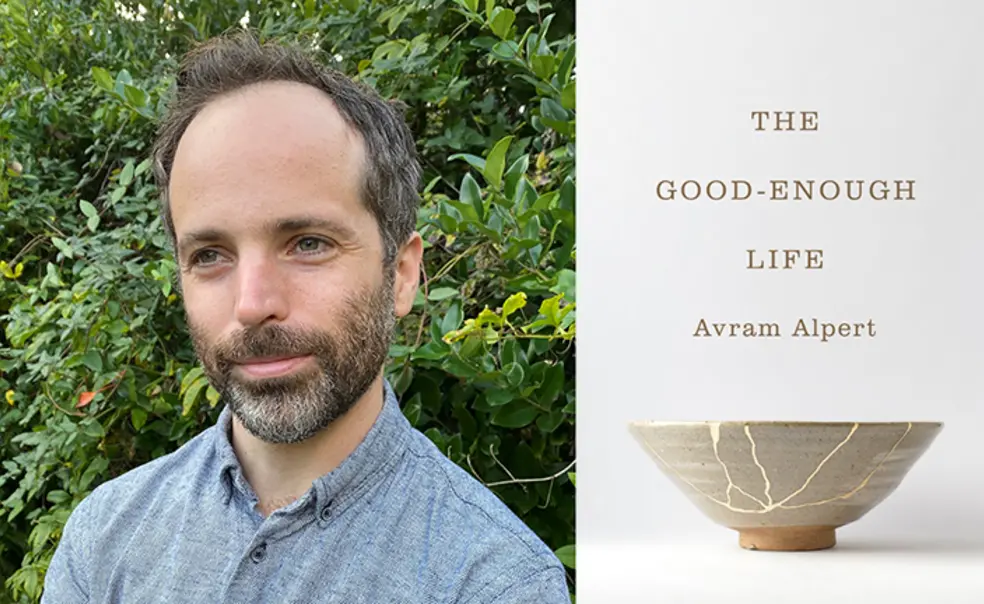Avram Alpert on Living Well
Avram C. Alpert was a lecturer at Princeton while he was writing The Good-Enough Life, a look at how social competition hurts both individuals and communities. Instead of striving for greatness, Alpert suggests, we should seek a better, less stressful, more meaningful life by working with — instead of against — each other. PAW asked Alpert, now a research fellow at the New Institute in Germany, to suggest three more titles on living well, and he chose these two books and a film.

By Pierre Hadot and Michael Chase
I first read this book my last year of college, and I wondered why no one had told me about it sooner. Hadot shows that philosophy didn’t use to refer to ideas in our head. Rather, it was about finding ways of embodying virtuous life in our everyday actions. He catalogs the methods that primarily Hellenistic philosophers developed to this end in this highly readable account.

Directed by Ikiru Kurosawa
A story of a simple bureaucrat who has given up caring about his job and the people it affects until he discovers he has terminal cancer. Charged to find meaning before he dies, he experiments with various passions. Kurosawa beautifully frames this story, in which our hero finds his purpose not through anything grand or miraculous, but rather a steadfast commitment to transforming a small place in the world. Perhaps a model for many of us.

Wayward Lives, Beautiful Experiments: Intimate Histories of Social Upheaval
By Saidiya Hartman
Sometimes when we talk about living well, we assume that this is the province of an elite few who have overcome material concerns and lead otherwise unblemished lives. Hartman shows how Black women in the early 20th century made a mockery of this elitist vision through their rich, complex, and beautiful ways of being, even in the face of some remarkable violence and oppression. No one should have to learn to live well in such conditions, but it is essential to recognize people’s power to do so all the same.










1 Response
Norman Ravitch *62
3 Years AgoMaking Philosophy Useful
I agree with Professor Alpert that philosophy should be about life and how to live, not about obscure ideas which are difficult both to understand and to utilize in some ways. I have known some philosophy teachers who actually did try to make philosophy useful, but I fear that most academic philosophers prefer to live in their own mental worlds without any reference to the usefulness of their field. Philosophy can be the path taken by people who are misfits in the real world. Compare Kant and Hegel to Voltaire and Rousseau, for example.